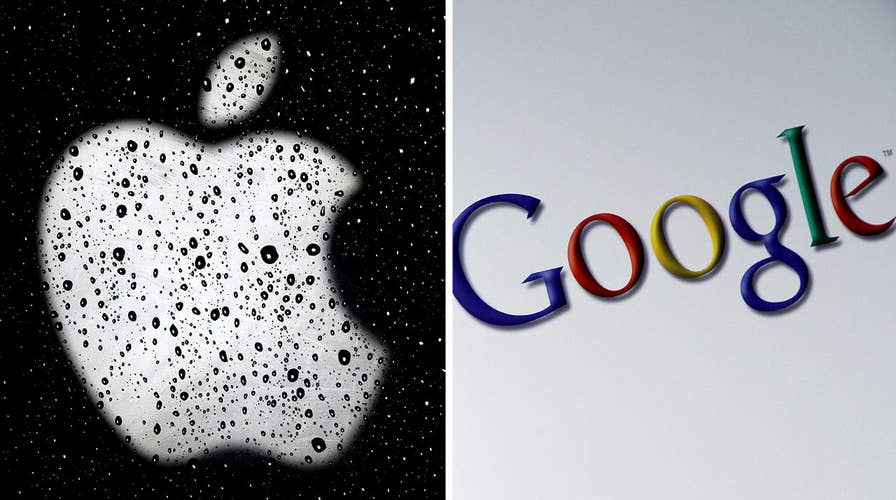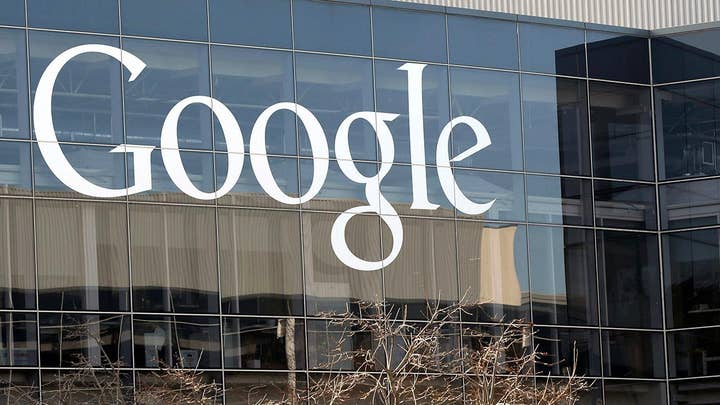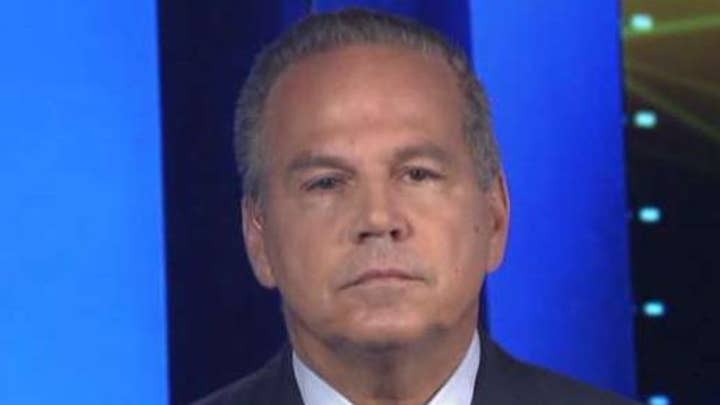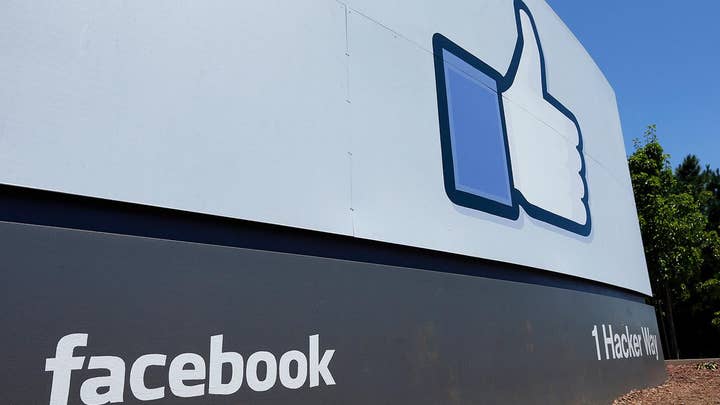DOJ, FTC may open antitrust investigations into big tech
University of Tennessee Law professor says the rest of the world is tackling 'dataopolies' and the U.S. has yet to take action on the issue.
The House Judiciary Committee on Tuesday heard testimony from a number of media activists and journalists about the harmful impact that tech giants like Google and Facebook are having on news organizations, news content and online advertisers.
Some news outlets and journalism groups accuse big tech of jeopardizing the industry's economic survival by posting news content on their platforms without paying for it and perpetually changing algorithms.
“It’s important to fight against consolidated power,” said Gene Kimmelan, president of Public Knowledge, an open-Internet advocacy group, “particularly when it comes to the market of ideas.”
The hearing on Tuesday came as the House Judiciary Committee launched an investigation into Facebook and Google practices amid claims that the two Silicon Valley behemoths are operating a monopoly.
“A free and diverse press is the backbone of our democracy,” Rep. David Cicilline, D-R.I., who heads the antitrust subcommittee, said in his opening statement. “Over the past decade the news media has been in a state of economic freefall.”
Cicilline went on to blame algorithm changes and the consolidation of online news ads under Google and Facebook as major examples for the decline in local newspapers and the shrinking size of newsrooms across the country.
“Whether its local newspapers or online journalists, we cannot have a vibrant democracy without a strong, independent press,” he said.
According to research conducted by the University of North Carolina, about 20 percent of all metro and community newspapers in the U.S. — about 1,800 — have gone out of business or merged since 2004, when about 9,000 were being published. The research also found that of the 3,143 counties in the country, more than 2,000 now have no daily newspaper.
YOUTUBE ALGORITHM PUSHES VIDEOS WITH CHILDREN TO PEDOPHILES, REPORT SAYS
The "marketplace for the news is broken," David Pitofsky, general counsel for News Corp, said during Tuesday’s hearing. Silicon Valley "dismisses us as old media.”
He added: "We are not losing business to someone better. ... We are losing business because a dominant platform deploys our news content, ... turns around and sells that content to the advertisers we are trying to serve.”
Cicilline vowed that the panel will broadly investigate the digital marketplace and "the dominance of large technology platforms," with an eye toward legislative action to increase competition.
Stepping ahead of the criticism, Google Vice President of NNews Richard Gringas said the company has "worked for many years to be a collaborative and supportive technology and advertising partner to the news industry."
"Every month, Google News and Google Search drive over 10 billion clicks to publishers' websites, which drive subscriptions and significant ad revenue," he said in a statement.
FACEBOOK GRAPPLES WITH SLOWER GROWTH, CALLS FOR MAJOR LEADERSHIP SHAKEUP
In a Capitol steeped in partisanship, inflamed by Special Counsel Robert Mueller's report and Democrats' intensifying probes of President Trump, the House Judiciary Committee's investigation of tech market power stands out. Not only is it bipartisan, it's also the first such review by Congress of a sector that for has more than a decade enjoyed a light touch from federal regulators.
With regulators at the Justice Department and the Federal Trade Commission apparently pursuing antitrust investigations of Facebook, Google, Apple and Amazon, and several state attorneys general exploring bipartisan action of their own, the tech industry is in the midst of a precarious moment.
Politicians on the left and right alike have differing gripes about the tech giants. Some complain of aggressive conduct that squashes competition. Others perceive a political bias or tolerance of extremist content. Still others are upset by the industry's harvesting of personal data.
At a press conference before Tuesday’s hearing, California Democratic Rep. Mark DeSaulnier joined forces with journalists to welcome the anti-trust scrutiny that big tech is receiving.
"I don't think there's anything more important right now than how Americans get information," DeSaulnier said. "We're at huge risk going into this next election cycle and it's important that we get this right."
DeSaulnier is the lead Democrat on the Journalism Competition and Preservation Act of 2019, which was recently introduced by Cicilline and Republican Georgia Rep. Doug Collins. The act would allow local news outlets to negotiate collectively with large online platforms such as Facebook and Google.
"I would like to be part of re-establishing journalism as a sacred part of American democracy as it once was," said DeSaulnier, during Tuesday's press conference.
Several Democratic presidential candidates think they have the solution: breaking up the companies on antitrust grounds. Cicilline has called that "a last resort," but the idea has currency with both major political parties, including at the White House.
CLICK HERE FOR THE FOX NEWS APP
Trump has made note of the huge fines imposed by European regulators on the biggest tech companies.
"We are going to be looking at them differently," he said in an interview Monday on CNBC. "We should be doing what (the Europeans) are doing," Trump said. "Obviously, there is something going on in terms of monopoly."
Leaders in Silicon Valley have declined to comment on the antitrust investigations. Google has said that scrutiny from lawmakers and regulators "often improves our products and the policies that govern them," and that in some areas, such as data protection, laws need to be updated.
Facebook executives have been calling broadly for regulation while explicitly rejecting the idea of breaking up "a successful American company." CEO Mark Zuckerberg has called for new rules in four areas: harmful content, election integrity, privacy and data portability.
Fox News’ Hillary Vaughn, James Rogers and The Associated Press contributed to this report.















































